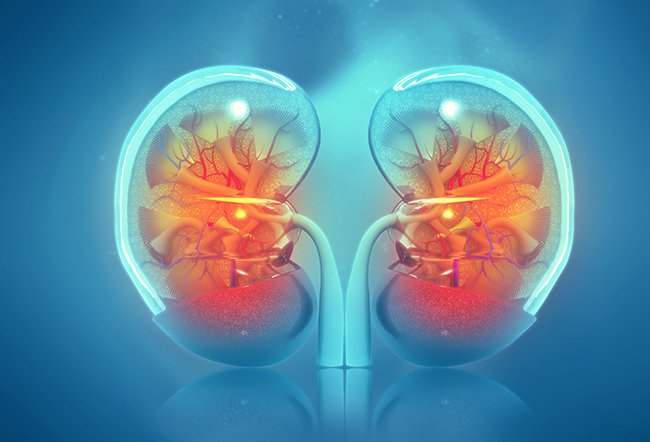What Are Free Radicals Found in the Body?

Free radicals are highly reactive molecules formed during the various metabolic processes in the body. They are extremely unstable and in an effort to become stable, they steal an electron from healthy cells when they come into contact with them. When stealing electrons from healthy cells, they cause cell damage, also called oxidation.
Excess production of free radicals or a decrease in antioxidant levels can cause damage to cell structures, such as lipids, proteins, RNA and DNA, leading to a variety of diseases. They are thought to contribute to aging, heart disease, and some cancers.
What causes free radicals to form?
Free radicals can be caused by a variety of factors, including:
- Air pollution
- Cigarette smoke
- Alcohol intake
- High blood sugar levels
- Diets high in sugar and refined carbohydrates
- Intense prolonged exercise
- Antioxidant or vitamin deficiencies
- Ultraviolet rays
- Stress
- Toxins in drinking water, cleaning goods, makeup, and other sources
- Certain medications
What is oxidative stress?
Oxidative stress occurs when the amount of free radicals in the body exceeds the antioxidant defenses that protect cells from free radical damage. With only one electron, free radicals attract electrons from other molecules in the body, forcing other healthy molecules to become free radicals as well. This causes free radicals to multiply in the body, damaging healthy cells.
While a certain amount of free radicals in the body is normal, an imbalance can cause health problems and harm the immune system in three ways.
- Damage cells responsible for immune health
- Interfere with immunological cells' ability to communicate with one another
- Disrupt the balance of already existing free radicals
Oxidative stress can then lead to a variety of diseases, including:
- Arthritis
- Heart disease
- Atherosclerosis
- Stroke
- Hypertension
- Peptic ulcers
- Alzheimer’s disease
- Parkinson’s disease
- Cancers
- Premature aging
Are all free radicals bad?
Some free radicals are necessary for your body to convert air and food into chemical energy, since this process is dependent on a chain reaction of free radicals.
Furthermore, free radicals play an important role in the immune system, helping the body attack foreign substances that enter the body.
What are antioxidants?
Antioxidants can help to maintain a balance in free radical production and protect the body's cells from free radical damage. Antioxidants help by providing a partner electron to free radicals. This combination helps stabilize free radicals, so they do not attack other cells in the body.
Healthy food choices can help ensure a steady supply of antioxidants to the body. For example, micronutrients such as vitamin C can supplement a healthy balanced diet to support the immune system and contribute to the overall healthy functioning of the body.
How to reduce oxidative stress
- Eat antioxidant-rich foods: Antioxidants found in fruits, vegetables, and healthy fats can assist in neutralizing free radicals. Foods high in beta-carotene, lycopene, and lutein are especially beneficial for free radical reduction. Examples include:
- Exercise regularly: According to research, regular exercise can reduce the negative effects of cell damage. Exercise has overall health benefits, such as a lower risk of mortality, improved mood, and weight management.
- Take the right supplements: Taking supplements that contain antioxidants such as vitamins A, C, and E, as well as selenium and certain phytonutrients and polyphenols, can help neutralize free radicals in the body. Talk to your doctor, however, before starting supplements.
